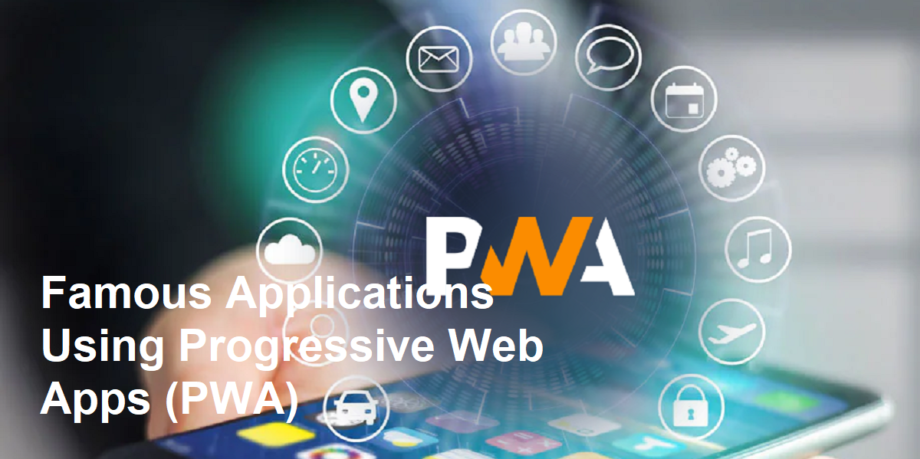Introduction
Progressive Web Apps (PWA) have revolutionized how applications are delivered across platforms by combining the best of web and mobile app experiences. They offer fast loading, offline capabilities, push notifications, and smooth user experiences without needing installation from app stores. Many famous global companies have adopted PWAs to improve user engagement and accessibility. In this article, we will introduce several well-known applications using PWAs, explaining their features and benefits.
What Is a Progressive Web App (PWA)?
A PWA is a web application that uses modern web technology standards to deliver an app-like experience directly via web browsers. It supports offline usage, push notifications, and device hardware access while being easy to access via URLs and installable on user devices.
Famous Applications Using Progressive Web Apps
| Application | Description | Key PWA Features |
| Twitter Lite | Twitter’s lightweight PWA version designed for low bandwidth and emerging markets. | Fast loading, offline mode, push notifications, data saving |
| Pinterest’s PWA enhances user engagement by offering a mobile app experience through the web. | Instant loading, smooth scrolling, offline access, home screen install | |
| Starbucks | Starbucks’ PWA offers an app-like ordering experience on the web, even with low or no connectivity. | Offline ordering, fast startup, push notifications |
| Forbes | Forbes offers a PWA to improve reading experience and loading times on mobile and desktop. | Offline reading, fast loading of news articles, responsive design |
| Spotify | Spotify’s web player is a PWA, allowing users to stream music without installing the native app. | Offline capabilities, multimedia streaming, background play |
| Trivago | Trivago’s PWA enhances travel searches with fast loading and offline support. | Quick search results, offline caching, smooth UI transitions |
| Uber | Uber’s PWA allows users to book rides in low network conditions with a lightweight app. | Offline use, fast load times, location services integration |
Why These Companies Choose PWAs
- Cross-Platform Compatibility:Users access PWAs on any device with a modern browser.
- Improved Performance:PWAs are optimized for speed and responsiveness.
- Lower Development Costs:Single codebase covers multiple platforms.
- User Engagement:Features like push notifications and home screen install improve retention.
- Offline Availability:Users can interact with the app even without consistent internet access.
Conclusion
Progressive Web Apps are reshaping how applications reach users by blending the web’s accessibility and the native app’s performance. Famous companies like Twitter, Starbucks, and Spotify have embraced PWAs to optimize user experiences, reduce costs, and extend reach. Understanding these applications and their PWA features is essential for developers and businesses aiming to harness this powerful technology.








